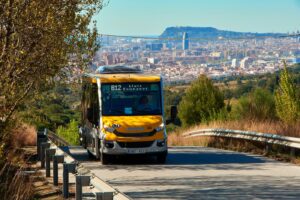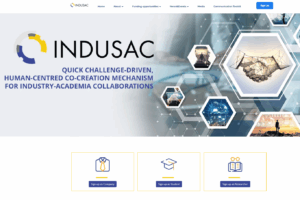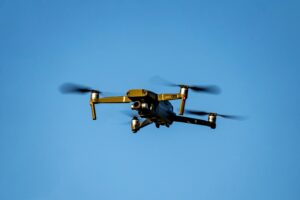
Big data and artificial intelligence for the new electricity system
February 1, 2020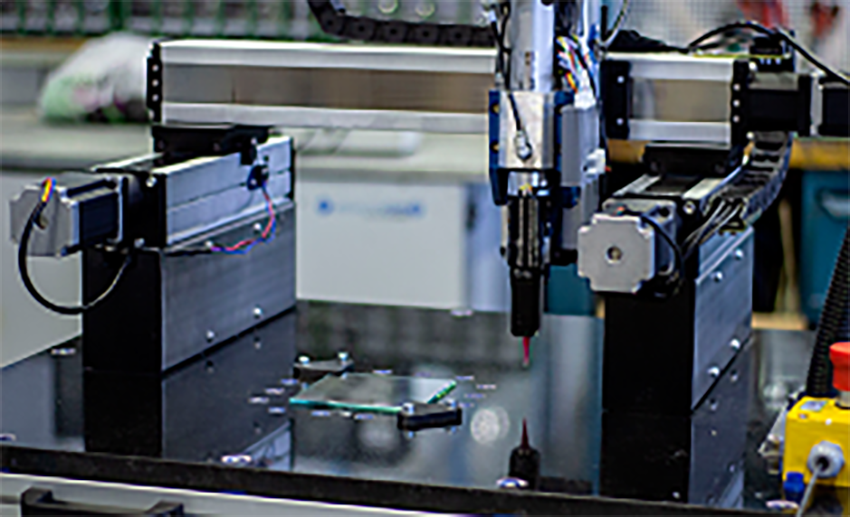
Smart Factory – Connected devices for industry 4.0
February 1, 2020The evolution towards a fully connected society in the 5G era and beyond (5G&B) involves increasing complex communications and unprecedented network densification. In response to this increase in intensity of network traffic from heterogeneous terminals, the 5G&B RUNNER project is focused on designing, analysing and evaluating a series of radio technologies in ultra-dense networks to meet the requirements of service capacity and quality, distributed intelligence and flexibility that are needed for 5G&B systems. Fulfilling these tasks has required the use of tools that are based on advanced signal processing, information theory, communications theory, and multi-objective distributed optimisation.
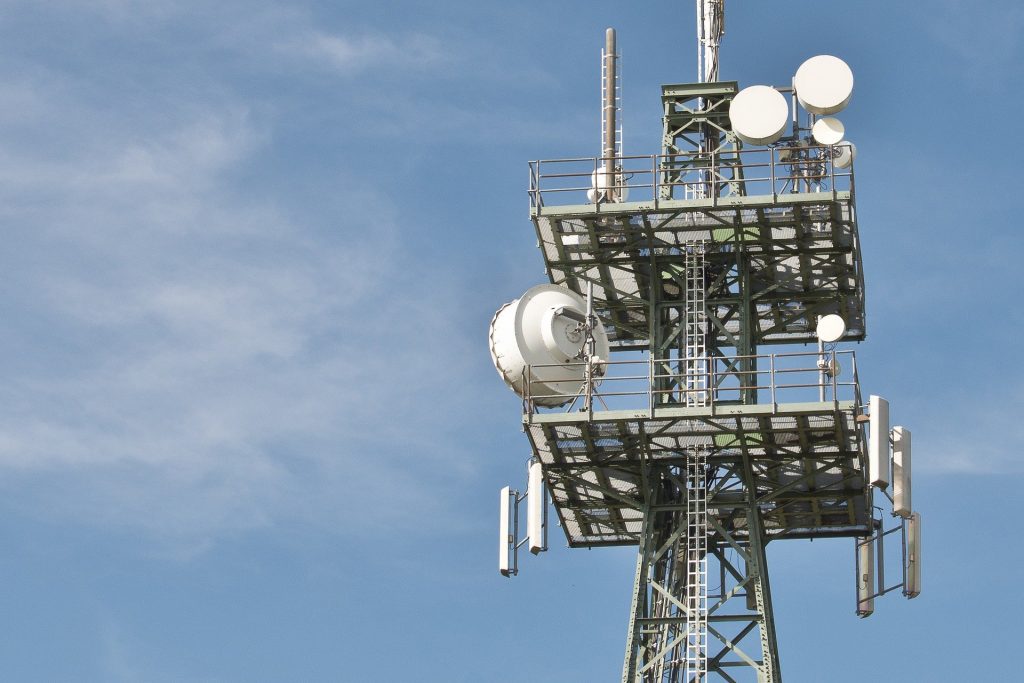
The work programme includes the development of algorithms of physical layer and medium access control, such as low-consumption multi-antenna transceivers with high spectral efficiency, multiuser transmission schemes in the visible spectrum and machine-type communications. In addition, network optimisation algorithms have been designed, including traffic engineering algorithms for wireless backhaul and the allocation of resources in the short-and long-term in ultra-dense networks. All algorithms have been developed using a rigorous mathematical procedure and validated using extensive simulations.
The 5G&B Runner project has received funding of 181,500 euros from the Ministry of Science, Innovation and Universities, and it lasted 4 years (December 2016 to September 2020). It was coordinated by the Signal Processing and Communications (SPCOM) research at the UPC.
Technology
Topic
You want to know more?
Related Projects
- The Barcelona Innovative Transportation (BIT), the Research Center in Automotive and Advanced Mobility (CER-AMA) and The Future Mobility Research Hub (CARNET) research groups from the Universitat Politècnica de Catalunya - BarcelonaTech (UPC) are participating in the E-MED project, which aims to optimise energy and resource efficiency in public transport systems by addressing energy price fluctuations through smart and participatory solutions across the Mediterranean region.
- The company Friselva S.A., Corporació Alimentària Guissona (bonÀrea), together with the Food Service Cluster and inLab FIB at the Universitat Politècnica de Catalunya - BarcelonaTech (UPC), are participating in the Hydroless project, which aims to optimise water consumption in meat production plants. The project includes an innovative solution to monitor and optimise water use at bonÀrea’s plant in Guissona, as well as the design and development of a digital twin of Friselva’s facilities in Riudellots de la Selva.
- The EU-funded Quick Challenge-Driven, Human-Centred Co-Creation Mechanism for INDUStry-Academia Collaborations (INDUSAC) project has successfully developed and validated a new, human-centred, challenge-driven co-creation mechanism that connects industry with academia across Europe. Over three years of implementation, the project has supported international teams of students and researchers in tackling innovation needs directly submitted by companies. The INDUSAC project has created a dynamic community of industry-academia stakeholders focused on circularity, general sustainability, digitalisation and industry 4.0.
- A research team led by the Mobile Robotics and Artificial Intelligence Group (RAIG) of the Institute of Robotics and Industrial Informatics (IRI, CSIC-UPC) at the Universitat Politècnica de Catalunya - BarcelonaTech (UPC) is taking part in the European project TRIFFID (auTonomous Robotic aId For increasing FIrst responDers efficiency). The aim is to develop a platform to support rescue operations in emergency situations. The initiative combines advanced robotics, artificial intelligence and immersive interfaces to enhance safety and accelerate response in hazardous environments.

